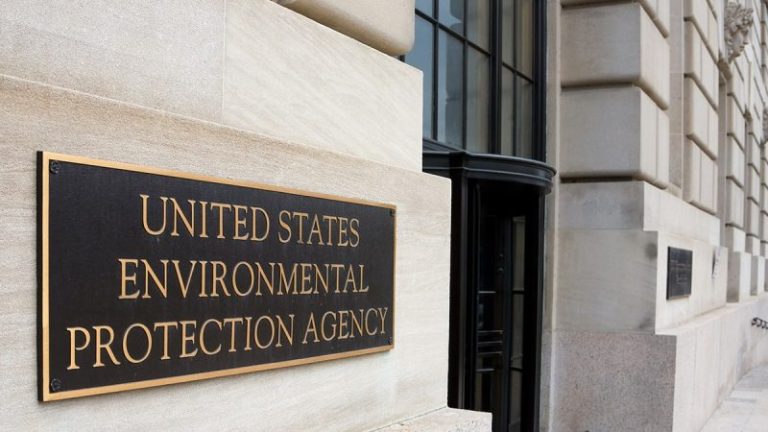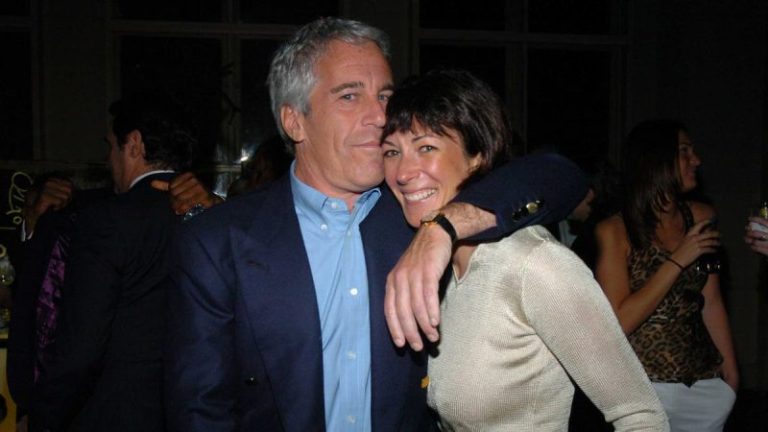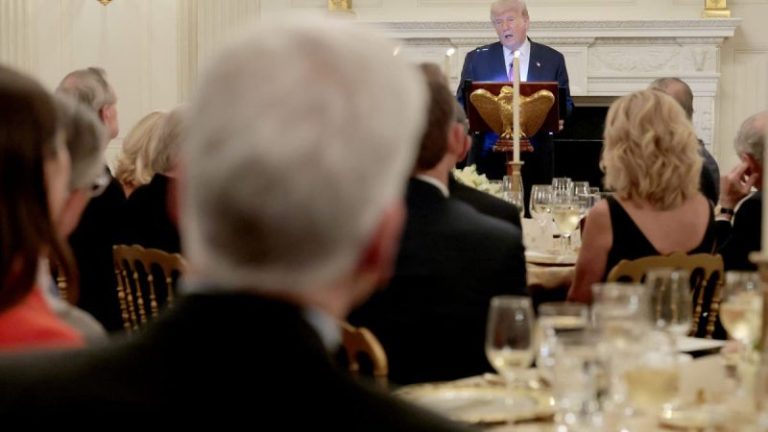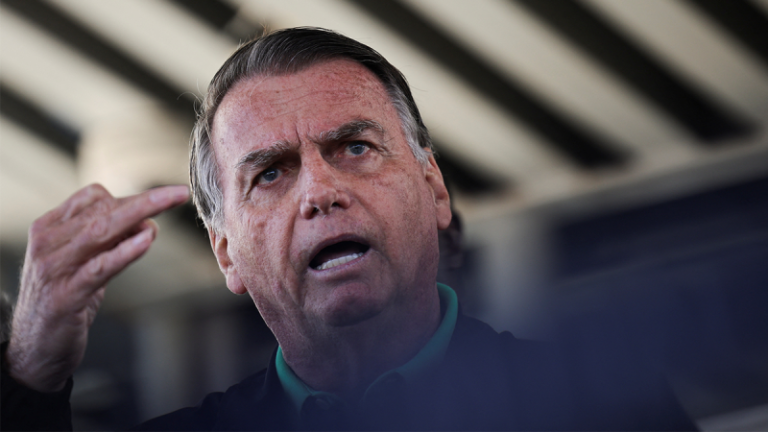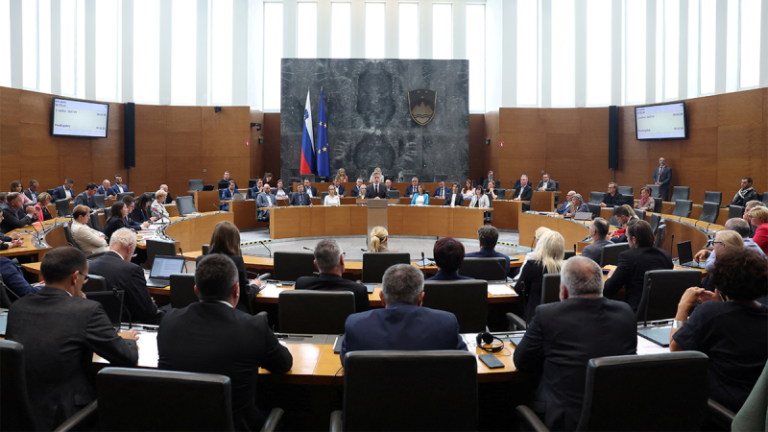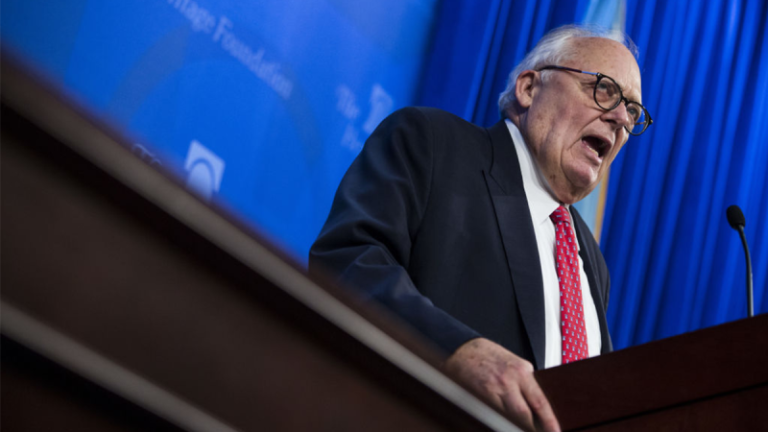Elon Musk’s health tech company Neuralink labeled itself a “small disadvantaged business” in a federal filing with the U.S. Small Business Administration, shortly before a financing round valued the company at $9 billion.
Neuralink is developing a brain-computer interface (BCI) system, with an initial aim to help people with severe paralysis regain some independence. BCI technology broadly can translate a person’s brain signals into commands that allow them to manipulate external technologies just by thinking.
Neuralink’s filing, dated April 24, would have reached the SBA at a time when Musk was leading the Trump administration’s Department of Government Efficiency. At DOGE, Musk worked to slash the size of federal agencies.
MuskWatch first reported on the details of Neuralink’s April filing.
According to the SBA’s website, a designation of SDB means a company is at least 51% owned and controlled by one or more “disadvantaged” persons who must be “socially disadvantaged and economically disadvantaged.” An SDB designation can also help a business “gain preferential access to federal procurement opportunities,” the SBA website says.
The Department of Justice has previously fined companies for making false claims about their SDB status.
Musk, the world’s wealthiest person, is CEO of Tesla and SpaceX, in addition to his other businesses like artificial intelligence startup xAI and tunneling venture The Boring Company. In 2022, Musk led the $44 billion purchase of Twitter, which he later named X before merging it with xAI.
Jared Birchall, a Neuralink executive, was listed as the contact person on the filing from April. Birchall, who also manages Musk’s money as head of his family office, didn’t immediately respond to a request for comment.
Neuralink, which incorporated in Nevada, closed a $650 million funding round in early June at a $9 billion valuation. ARK Invest, Peter Thiel’s Founders Fund, Sequoia Capital and Thrive Capital were among the investors. Neuralink said the fresh capital would help the company bring its technology to more patients and develop new devices that “deepen the connection between biological and artificial intelligence.”
Under Musk’s leadership at DOGE, the initiative took aim at government agencies that emphasized diversity, equity and inclusion (DEI). In February, for example, DOGE and Musk boasted of nixing hundreds of millions of dollars worth of funding for the Department of Education that would have gone towards DEI-related training grants.




